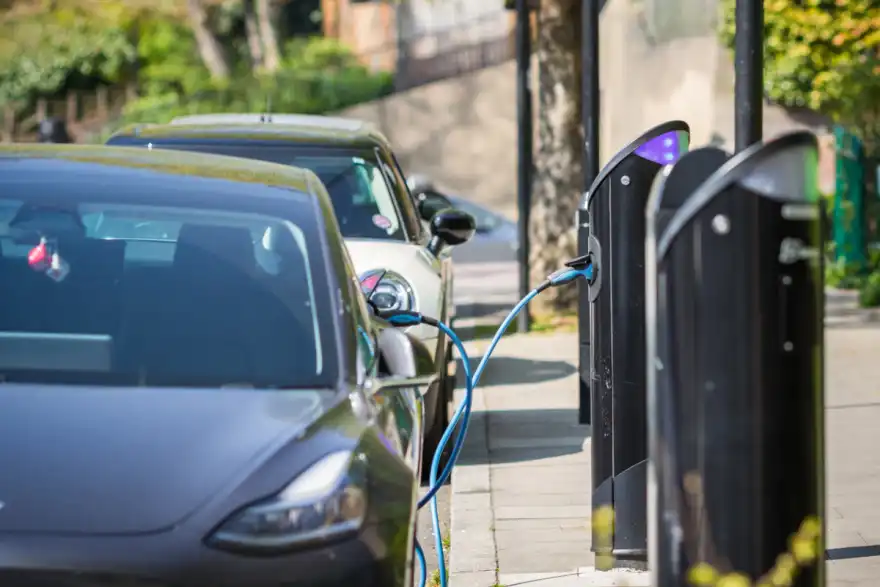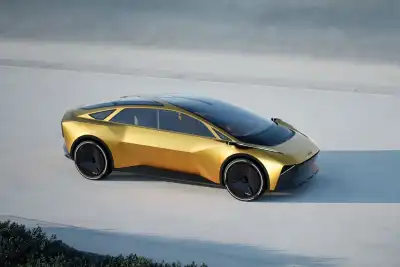
Electric vehicles (EVs) are gaining traction, with fully electric cars making up 25% of new car sales in November. That’s according to the Society of Motor Manufacturers and Traders (SMMT), which reported a total of 153,610 cars hitting the road last month, 38,581 of which were EVs. This is the highest EV market share since December 2022 and only the second time this year that EV sales have surpassed the Government’s ZEV (Zero Emission Vehicle) mandate of 22%.
But there’s a catch. Mike Hawes, SMMT’s CEO, warns that reaching these numbers is happening thanks to manufacturers “spending billions on compelling offers” to entice buyers – a strategy he calls “unsustainable.” The SMMT estimates these discounts have cost carmakers around £4 billion so far. Despite these efforts, EVs still make up only 18.7% of the UK’s total new car sales in 2024, missing the annual ZEV target.
And the challenge is about to get tougher. In 2025, the ZEV mandate jumps to 28%, meaning manufacturers will need to sell about 90,000 more EVs than they did this year to avoid fines of £15,000 for every car under the target.
Despite the hurdles, the UK remains Europe’s second-largest EV market, just behind Germany. That said, petrol-powered cars are still the most popular choice, with 70,317 registered last month and close to a million sold so far this year. Meanwhile, hybrids are losing market share, and diesel continues its decline, making up just 6% of new car sales in November.
Overall, the number of cars registered in November 2024 was down 2% compared to the same time last year. One key reason is that private buyers are stepping back, now accounting for only 38% of new car sales. Fleet sales dominate the market, making up 60%, with the rest coming from small business purchases.
The road to higher EV adoption is still bumpy, but November’s figures highlight the ongoing shift in the UK car market. Are manufacturers ready for the acceleration ahead? Only time – and next year’s stricter targets – will tell.


